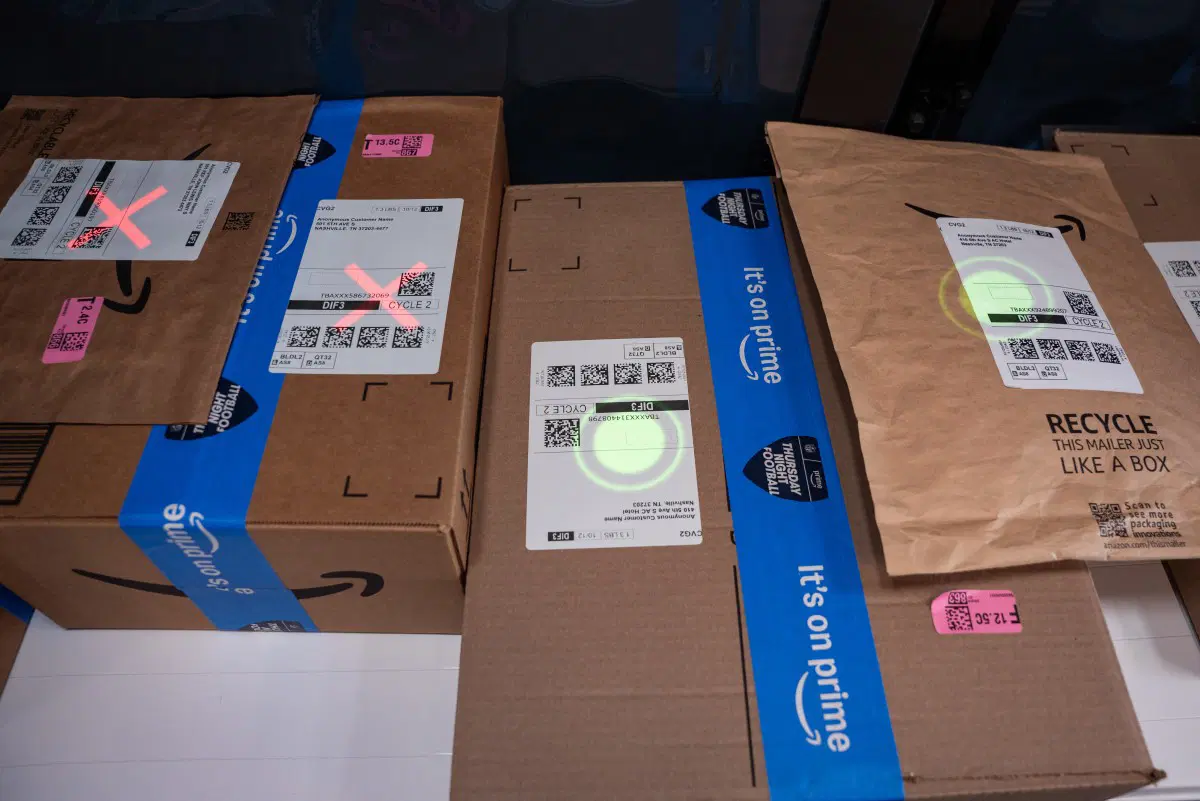On Friday, August 29, 2025, the United States terminated tariff exemptions for small packages valued at $800 or less entering from abroad, citing their use in evading tariffs and smuggling narcotics, as announced by President Donald Trump’s administration (Web:0, Web:1, Web:14). The move, effective immediately, subjects packages to country-specific tariff rates or a flat duty of $80–$200 per item, with exemptions for certain personal items and gifts (Web:21). Trump’s trade adviser Peter Navarro stated the policy closes a “loophole,” curbing smuggling and generating up to $10 billion annually in tariff revenues (Web:21, Web:23).
The month-long lead time sparked disruptions, with postal services in France, Germany, Italy, India, Australia, Japan, and 19 other countries suspending U.S.-bound shipments due to unpreparedness for new duty collection systems (Web:0, Web:12, Web:15). The UK’s Royal Mail introduced new services to comply, while U.S. officials noted only 5% of duty-free shipments used postal networks, with most handled by express couriers like FedEx and UPS, which can manage duties (Web:0, Web:21). Small businesses, however, face significant challenges. UK retailer Liz Nieburg of SocksFox, where U.S. customers account for 20% of sales, halted shipments and anticipates price hikes due to tight margins (Web:1, Web:13). Ken Huening of California-based CoverSeal eliminated free shipping, citing unavailable U.S. textile manufacturing (Web:13). Canadian retailer Haley Massicotte of Oak & Willow and Thai ceramics seller Sarah Louise Jour, with 90% U.S. sales, reported customer confusion and rising costs (Web:13, Web:15).
Cornell University professor Li Chen warned of delays as parcels now require customs clearance, predicting greater impact on small businesses compared to larger firms like Shein and Temu, which can absorb costs (Web:0, Web:13). X posts from @AFP (August 29, 2025) noted small business concerns, while @xray_media cited Goldman Sachs, stating 49% of tariff costs hit U.S. consumers (Post:3, Post:5). The policy, following the earlier removal of China’s exemption, could raise consumer prices and disrupt $1.36 billion annual de minimis shipments (Web:2, Web:23).

Leave a Reply